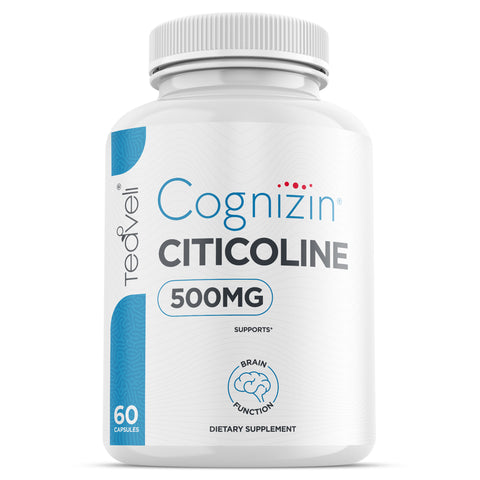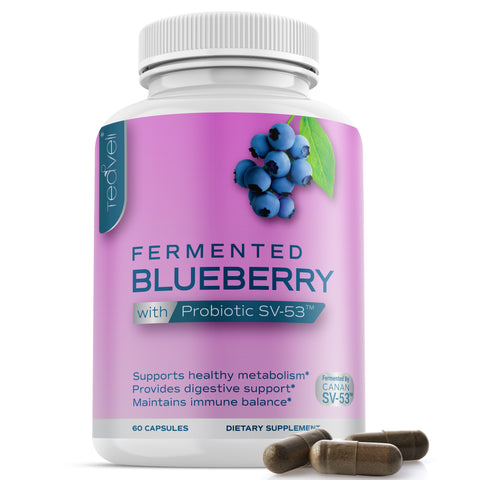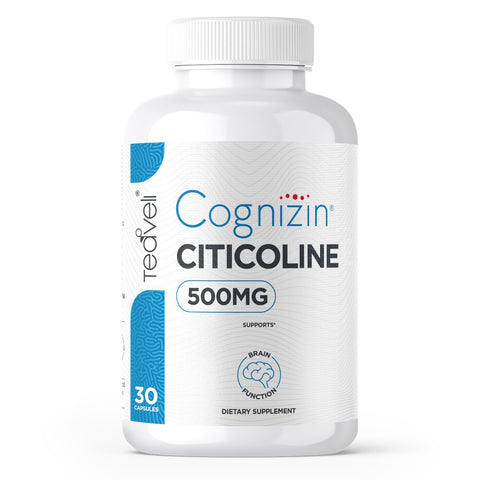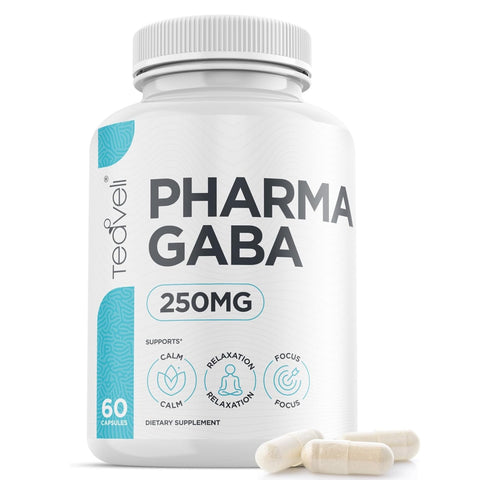How Digestive Health Can Affect Your Sleep

There is a strong connection between digestive health and sleep. For example, people who have trouble sleeping often have digestive problems, and vice versa. This is because both sleep and digestion are controlled by the nervous system.
There are a few different ways that digestive problems can affect your sleep. First, if you're experiencing pain or discomfort from your digestive issue, it can make it difficult to fall asleep or stay asleep. This is because pain is a physical sensation that can be disruptive to the normal sleep process.
Another way that digestive problems can affect sleep is by causing nausea or vomiting. This can again make it difficult to fall asleep or stay asleep, as well as increase the risk of waking up during the night. Nausea and vomiting can also lead to dehydration, which can further disrupt sleep.
Digestive problems can also cause excessive gas or bloating. This can make it difficult to get comfortable enough to fall asleep and can also lead to interrupted sleep if you need to wake up to go to the bathroom.
If you are someone dealing with digestive problem that's affecting your sleep, here are a few things that is worth knowing and can also help improve the situation.
The Gut-Brain Connection
There is a strong connection between our gut and our brain. This connection is known as the "gut-brain axis."
Our gut is home to trillions of bacteria, known as the gut microbiome. These bacteria are important for many aspects of health, including digestion, immunity, and mood.
The gut-brain axis is a two-way street. That means that our gut bacteria can influence our mood and behavior, and our mood and behavior can influence our gut bacteria.
For example, studies have shown that people with depression and anxiety tend to have different types of gut bacteria than people who don't have these conditions.
There is also evidence that gut bacteria can influence how well our brain functions. For example, gut bacteria can produce chemicals that affect our moods, such as serotonin and dopamine.
So, if we want to keep our gut and brain healthy, it's important to eat a healthy diet, exercise regularly, and manage stress. Probiotics, which are live bacteria that are good for our gut, may also help.
Teaveli’s Golden Milk with natural probiotics, Barley grass juice powder with probiotics, Wheatgrass juice powder with probiotics, and Spirulina chlorella capsules are great supplements to support your digestive health.
Why Should We Eat More Fiber?
Fiber is an important part of a healthy diet and eating fiber-rich foods can help improve digestion. Fiber helps to keep the digestive system healthy by promoting regularity and preventing constipation. Fiber also helps to keep the colon clean and free of toxins.
Fiber is found in many foods, including fruits, vegetables, whole grains, legumes, and nuts. There are two types of fiber: soluble and insoluble. Soluble fiber dissolves in water and forms a gel-like substance, which helps to slow down digestion and keep you feeling full longer. Insoluble fiber does not dissolve in water and helps to add bulk to the stool, which helps to move food through the digestive system more quickly.
Eating a diet that is high in fiber can help to reduce the risk of developing some digestive disorders, such as Crohn's disease, ulcerative colitis, and diverticular disease. Fiber may also help to reduce the risk of developing some types of cancer, such as colon cancer.
The best way to get the recommended daily amount of fiber is to eat a variety of fiber-rich foods. Good sources of soluble fiber include oats, barley, dried beans, lentils, apples, oranges, and flaxseeds. Good sources of insoluble fiber include wheat bran, whole-wheat bread, nuts, and seeds.
If you are not used to eating a lot of fiber, start slowly and increase your intake gradually. Drinking plenty of water is also important when increasing our fiber intake.

Teaveli's USDA-certified Organic Golden Milk Powder is a fiber-rich, keto-friendly, and vegan-friendly turmeric herbal supplement and turmeric latte mix that supports a balanced inflammatory response, and promotes restful sleep.
Including more fiber-rich foods in our diet is a simple and effective way to improve digestion and promote overall health.
How To Avoid Common Digestive Problems?
There are several common digestive problems that can plague people of all ages. Various studies have come up with some general tips that can be of help to people with digestive problems.
- Eat slowly and chew your food thoroughly. This will help our body to better digest what we are eating and reduce the chances of indigestion.
- Avoid eating large meals. Eating smaller, more frequent meals will help our digestive system to better deal with what we are eating.
- Avoid fatty and fried foods. These can be difficult for our body to digest and can lead to indigestion.
- Avoid spicy foods. These can also be difficult for our body to digest and can lead to heartburn and other digestive problems.
- Drink plenty of fluids. This will help to keep our digestive system working properly and reduce the chances of constipation.
- Exercise regularly. This will help to keep our digestive system working properly and reduce the chances of constipation.
- Consult a doctor. He or she can help you identify the cause and find the best treatment to improve your sleep quality.
With a little effort, you can get the restful night's sleep you need and deserve.
Sources:
https://www.ncbi.nlm.nih.gov/pmc/articles/PMC6779243/
https://www.sleepadvisor.org/sleep-and-digestion/
https://www.henryford.com/blog/2021/02/sleep-affects-gut-health









